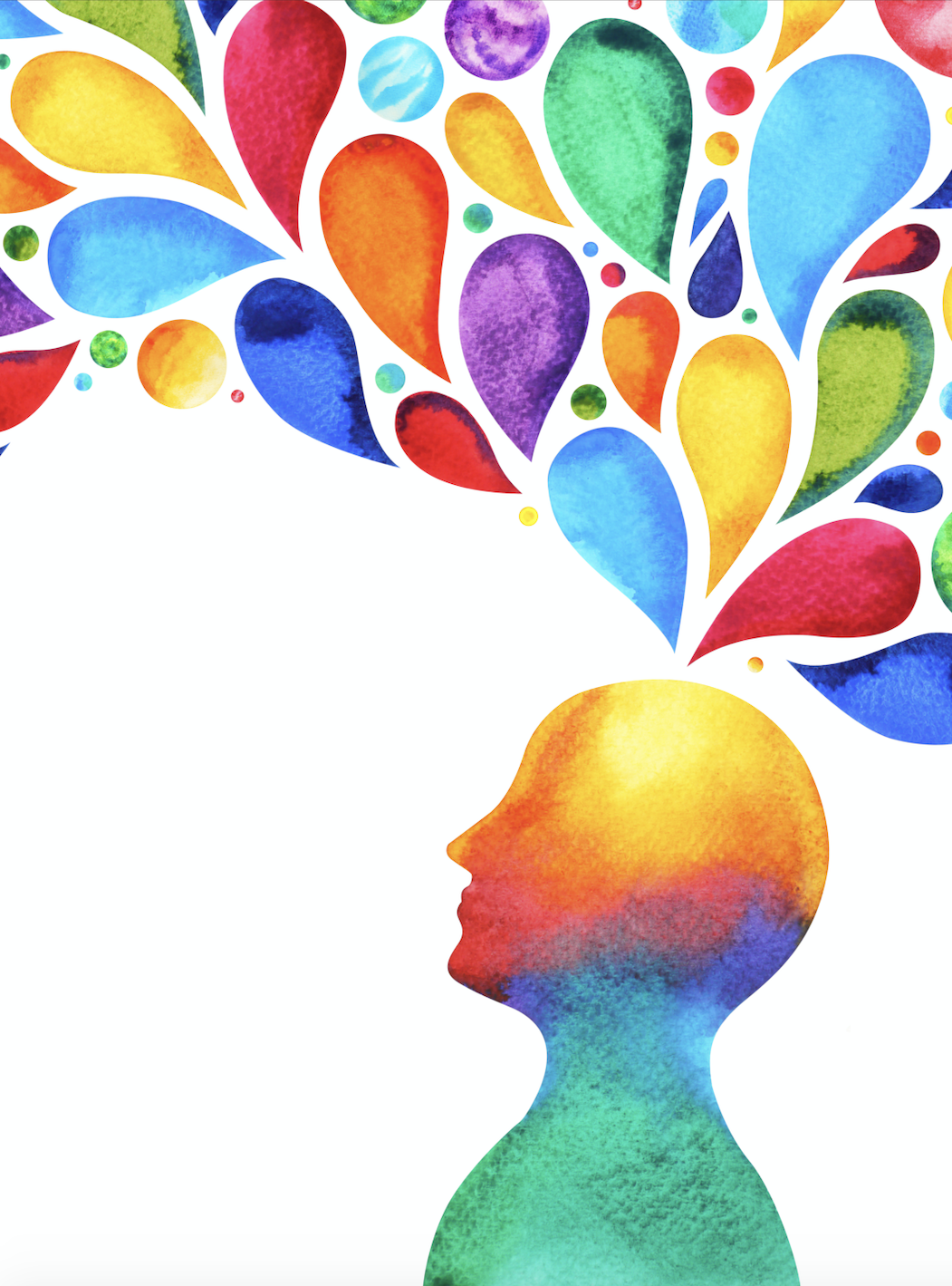by JEREMY DEACON
During the pandemic, Nadine and her husband both had to work from home due to company policy. With two small children, and limited space and support, they both experienced increased marital conflict.
Nadine reported she felt the burden of childcare largely fell to her, and juggling two lively children alongside their academic commitments, plus maintaining her commitment to work was impossible and unfair. She felt resentful towards her husband.
She also started to doubt her competence at work, and working from home, felt she was missing some of the usual feedback that her work was up to standard.
Her increased anxiety left her feeling overwhelmed, and she noticed she was drinking more heavily to cope, creating even more stress. She sought help to understand and manage her stress levels, communicate her needs, and develop healthier coping strategies.
It’s a fictional situation, but while working from home may suit some, for others it brings massive new strains. The loss of a job, a struggling business, loneliness, uncertainty – all impact mental health.
Dr. Gemma Harris, Senior Clinical Psychologist at Sol- stice, said they’ve witnessed a significant increase in new referrals, and the return of past clients, as people try to understand and manage the impact of the pandemic.
“The situation is affecting our clients in diverse ways. However, common themes have related to uncertainty, for example: adapting to restrictions, having to change plans, feeling unable to move forward, and concerns about future stability.
“Also, there is heightened anxiety about job and/or financial stability and adapt- ing to home working. The challenges of working from home for some families are marked by marital conflict, perhaps simply by spending so much time together and/ or the challenges of shared parenting whilst also manag- ing employment demands.
“Whilst these difficulties appear to impact our clients across the age range, we are noticing that young adults, 18-25, may be more prone to feeling that their plans are on hold, whilst parents with young families might struggle most with balancing work and childcare demands.”
Dr. Harris said that working from home seems to have created a dichotomous response, with some people reporting that they love the freedom to work more flexi- bly and feel more focused.
“By contrast many are reporting that their work-life balance is poorer when they work from home, that supporting their children is almost impossible, and that they are finding it isolating and demotivating.
“Many times, clients feel disconnected from their teams after protracted periods of home working and may even start to feel de- skilled. We suspect that the range of experiences may be a product of the type of work, the suitability of the home environment and personality factors.
“The impact of the pandemic is significant, far-reaching, and protracted. As such, we expect that most people will be impacted emotionally. It makes perfect sense for us to be anxious and fearful, and for our threat systems to be activated.
“When our threat systems are activated it means that we are more vigilant to risk, and as such we may be anticipating future risk possibilities. Whilst this is very normal and functional, in the case of Covid-19 (which is a protracted risk) we can potentially be anxious and on alert for long periods, which is likely to be stressful and exhausting.
“Counterbalancing this important and necessary threat response with selfcare is really important. Hence, making time for hobbies, relaxation time, and self- care is vital. Give yourself time to switch off and reset. That might include taking a break from reading about the pandemic.”
Dr. Harris’ advice: “Try to implement good care routines like getting enough sleep, exercise, eating healthily and managing a good work-life balance. Be careful of more harmful coping strategies such as alcohol and drugs, gambling, and excessive spending.”
The Bermuda Hospitals Board Deputy Chief of Psychiatry, Dr Anna Neilson-Williams, said she believed people are talking about mental health more. “I think as a country, we’ve always had this unfortunate challenge around stigma that hasn’t necessarily gone away, but I think Covid-19 may well have been able to lift the lid a bit and get people to start talking about how they’re feeling.
“I think everybody has been affected by Covid-19, and we’re definitely seeing an increase in anxiety and depression. People that have been stable for long periods of time, I think there’s been some evidence that they’ve not been doing as well because of the isolation and feelings of loneliness.
“And then we’ve also seen an increase in referrals from groups where there’s been a knock-on effect. For instance, the older adults that have got dementia related concerns, the day programs aren’t necessarily running because they’re not able to happen in person. So, they’re at home more or their carers aren’t quite sure what to do with them.”
In terms of any positive impact from Covid-19, Dr. Neilson-Williams said she believed more people are talking more honestly and openly about mental health, especially the younger generation who are much more open to talking about an anxiety problem or a depression.
She added: “Maybe it’s created a bit more flexibility for people, a bit more autonomy, particularly working mothers who are able to work from home. Some people were able to do a bit of a reset and said, ‘You know what? I’ve had all this family time. I feel like there’s been more connectivity with my family,’ and that’s been something that those that could work remotely have been able to enjoy.”
*The Bermuda Mental Health Foundation can be contacted on 703-0003 or info@bmhf. bm. The Mid Atlantic Wellness Institute can be contacted on 236-3770 8am to 5pm Mon- day to Friday, or the 24-hour Mental Health Crisis Line: (441) 239-1111

